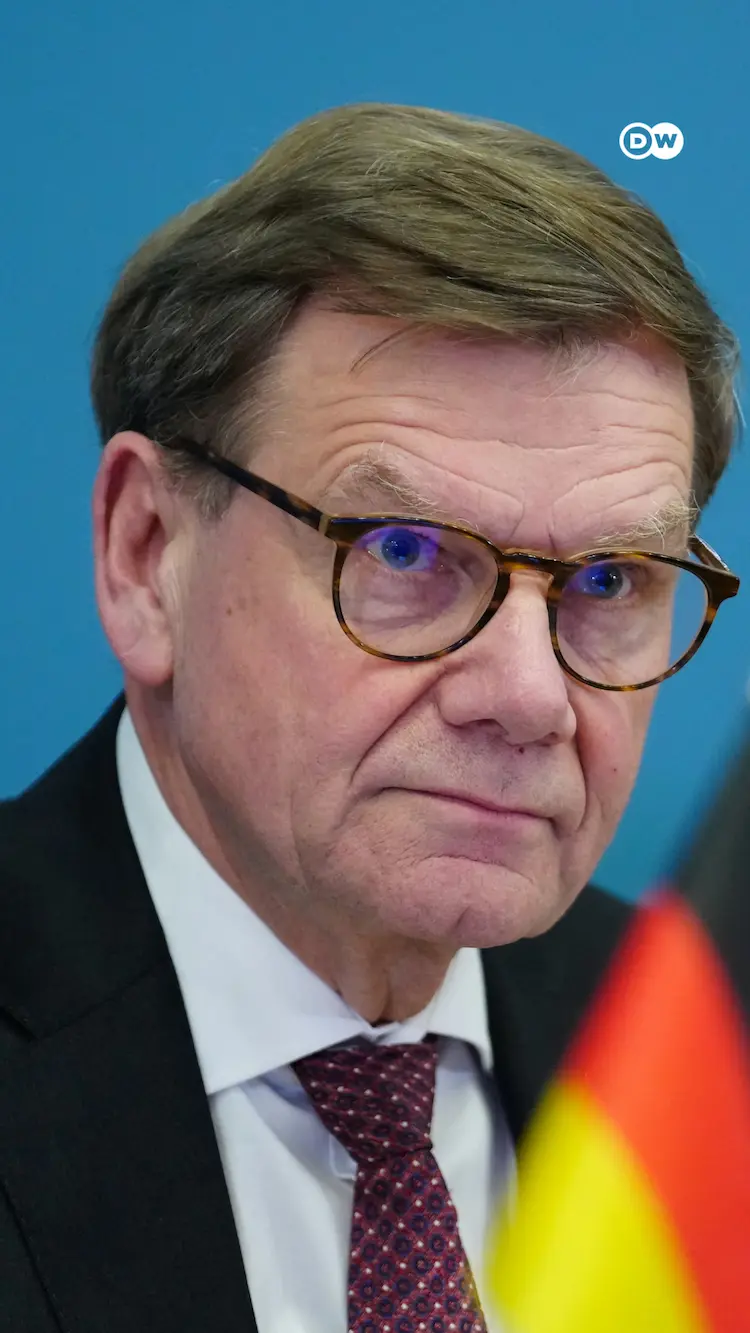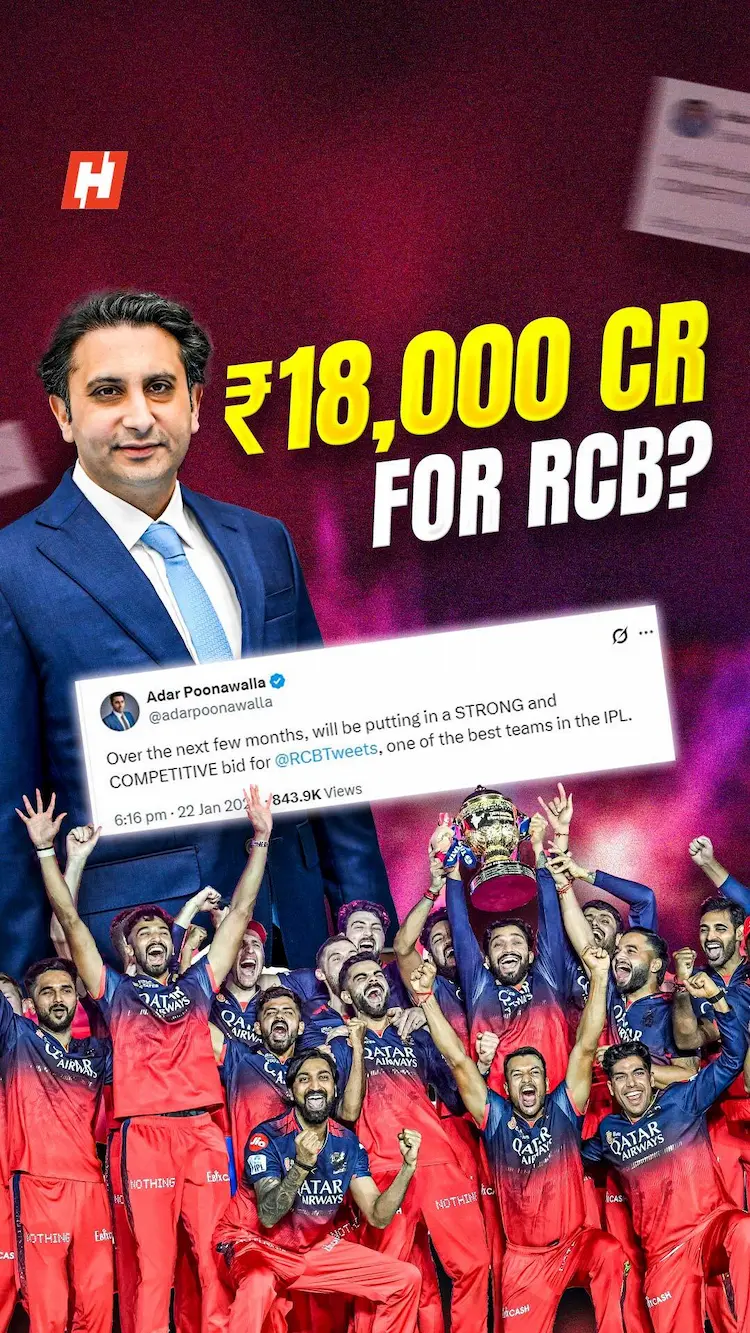Poor show or clashing egos? Real reason why Marquez quit Indian football
The Blue Tigers just took another major blow—but this time, it wasn’t on the field.
After a turbulent year marked by mounting losses and backstage friction, Manolo Márquez has stepped down as head coach of the Indian national football team. His exit, confirmed by the All India Football Federation (AIFF) as a “mutual agreement,” comes with one year still left on his contract. But make no mistake—this wasn’t just about form.
Appointed in June 2024, Márquez entered with high hopes and dual responsibilities, managing both India and Indian Super League side FC Goa. But the results were grim: just one win in eight matches, a shocking 0–1 defeat to lower-ranked Hong Kong in AFC Asian Cup qualifiers, and a team spiraling out of sync. Even the emotional return of veteran striker Sunil Chhetri couldn’t shake the slump.
Yet, insiders suggest the real rift wasn’t tactical—it was political.
Reports hint at growing tensions between Márquez and AIFF officials, with disagreements over team selection, long-term vision, and mounting pressure to produce instant results. The coach, known for his calm demeanor and tactical depth, was reportedly frustrated by interference and the lack of structural support.
His departure now leaves India’s football program at a crossroads—with AFC 2027 qualification in jeopardy and fan confidence at an all-time low.
This isn’t just a coaching change—it’s a mirror to the cracks within Indian football’s system. Accountability was demanded, and Márquez became the first domino. But unless deeper reforms follow, any new coach might face the same fate.
What started as a hopeful chapter for Indian football has ended in chaos, and the biggest question now is: can anyone fix what’s broken, or are we just rearranging chairs on a sinking ship?
Also Watch: The Unbreakable Curse: Test venues that refuse to let India win









